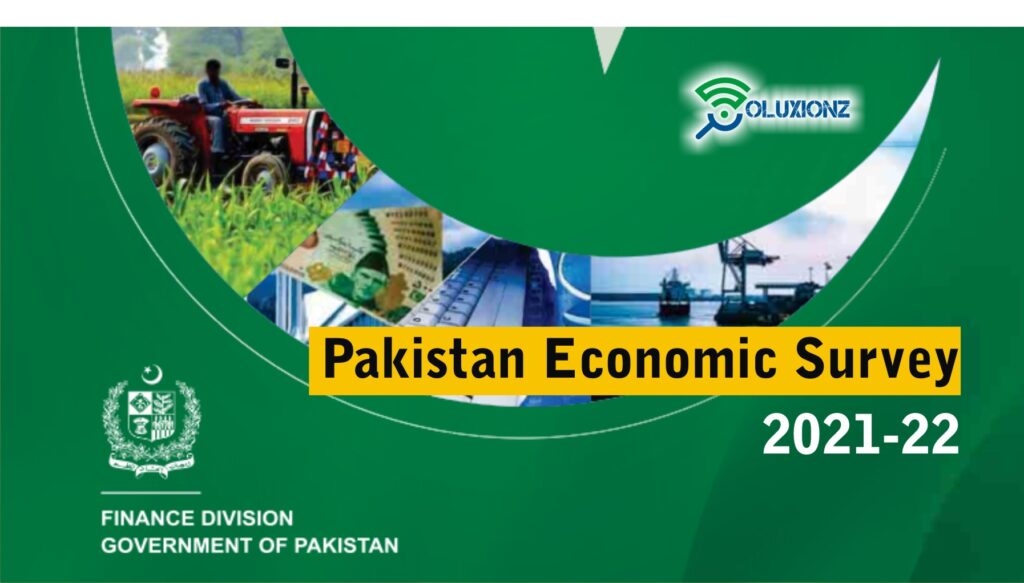Economic Survey of Pakistan 2022 pdf
Federal Minister of Finance and Revenue Miftah Ismael formally unveiled the Pakistan Economic Survey for the outgoing fiscal year 2021-22.
Minister for Planning, Development, and Special Initiatives Ahsan Iqbal, Federal Minister for Power Khurram Dastgir, Minister of State for Finance and Revenue Aisha Ghaus Pasha, and government officials attended the inauguration ceremony of the Pakistan Economic Survey for the outgoing fiscal year.
The Pakistan Economic Survey has reviewed the progress of the outgoing fiscal year based on the latest available data up to March-April 2021-22. As is customary, the Survey is launched just before the presentation of the Federal Budget 2022-23. Hence, the Economic Survey covered the latest available data for the outgoing fiscal year.
Pakistan Economic Review
Though economy recovered from the pandemic (a 0.94 percent drop in FY2020) and maintained V-Shaped recovery by posting real GDP growth of 5.97 percent in the fiscal year 2022. This high growth, however, is unsustainable and has resulted in financial and macroeconomic imbalances. Historically, Pakistan’s economy had shown periodic ‘boom-bust’ growth cycles. The reasons for such volatile growth cycles include the wide-ranging economic challenges like shrinking fiscal space, exchange rate pressure, mounting current account deficit, inflation, energy sector bottlenecks, and the absence of a supportive environment for the private sector.
Political instability in the country also led to a huge increase in economic uncertainty. Uncertainty at individual, firm, and government levels is negatively affecting the economy. Political stability can reduce uncertainty by making clear policy statements to build the trust of domestic as well as foreign investors and the business community.


